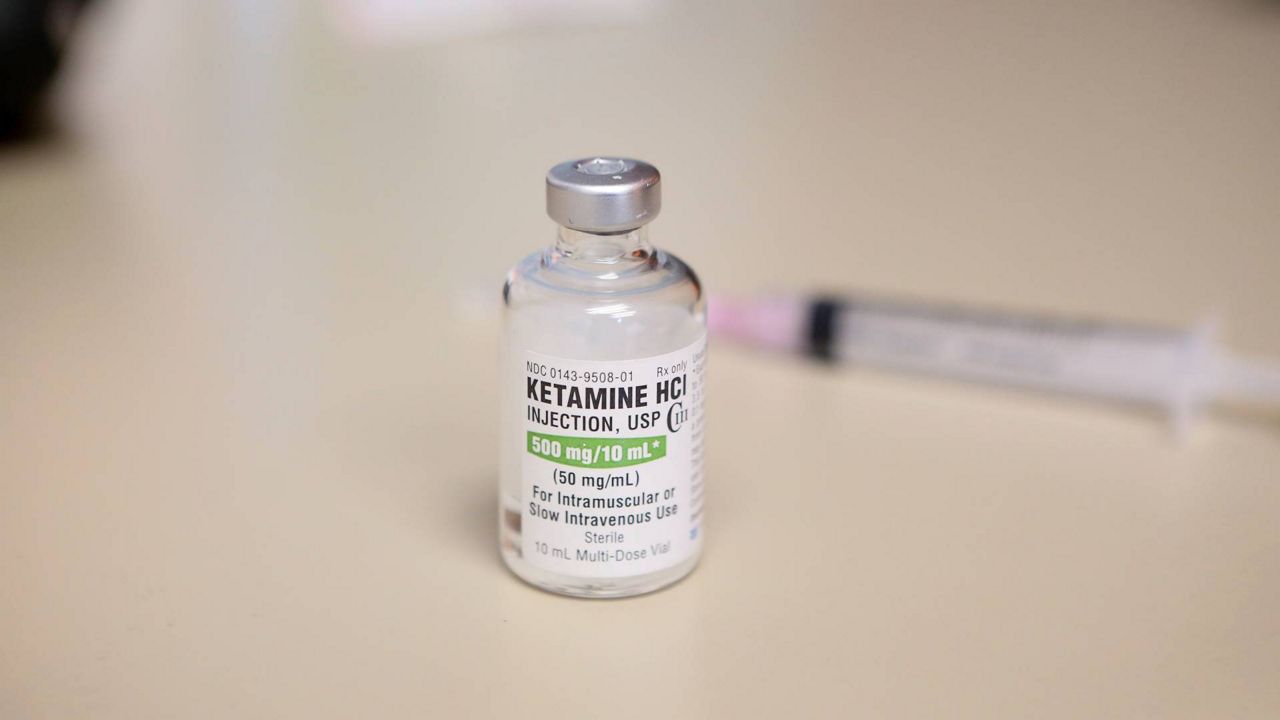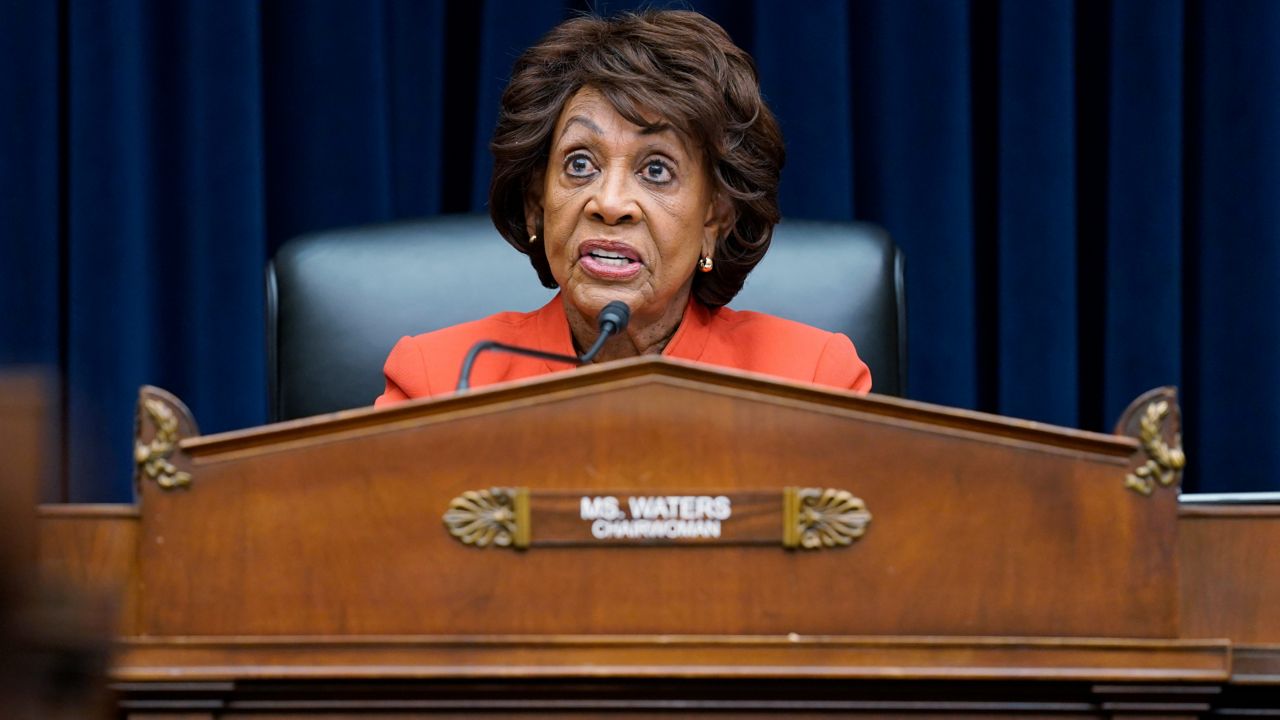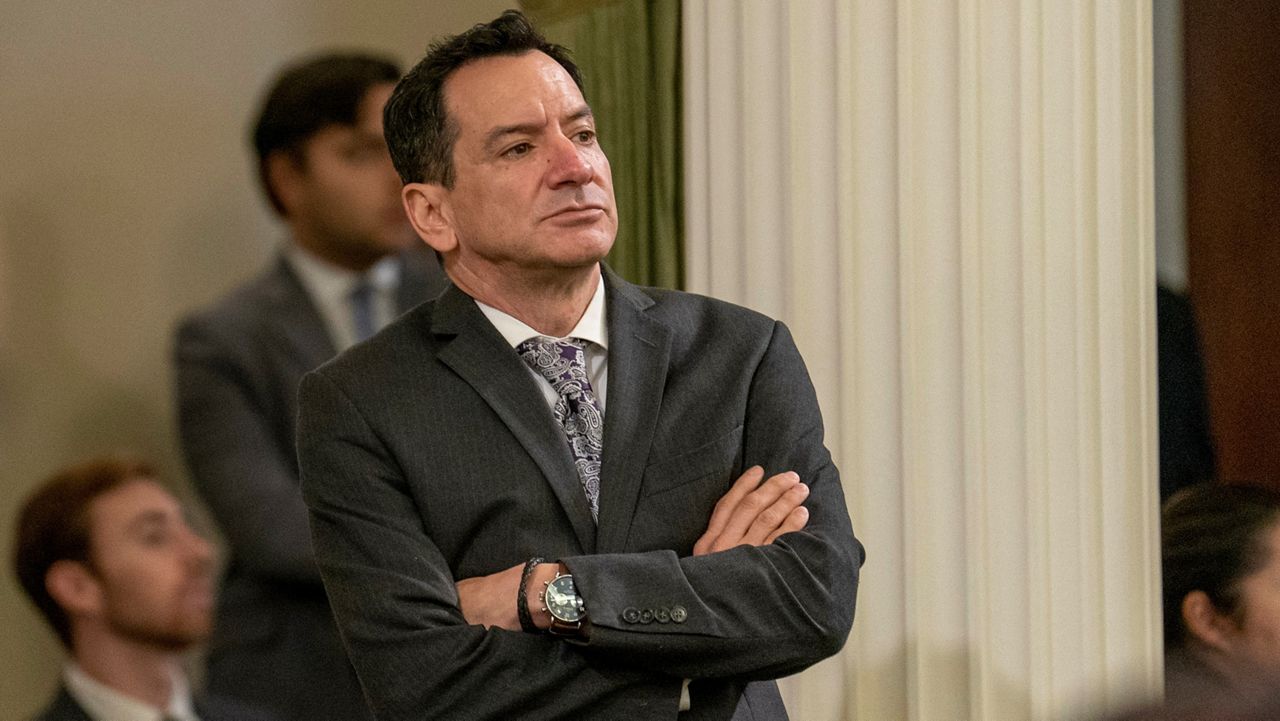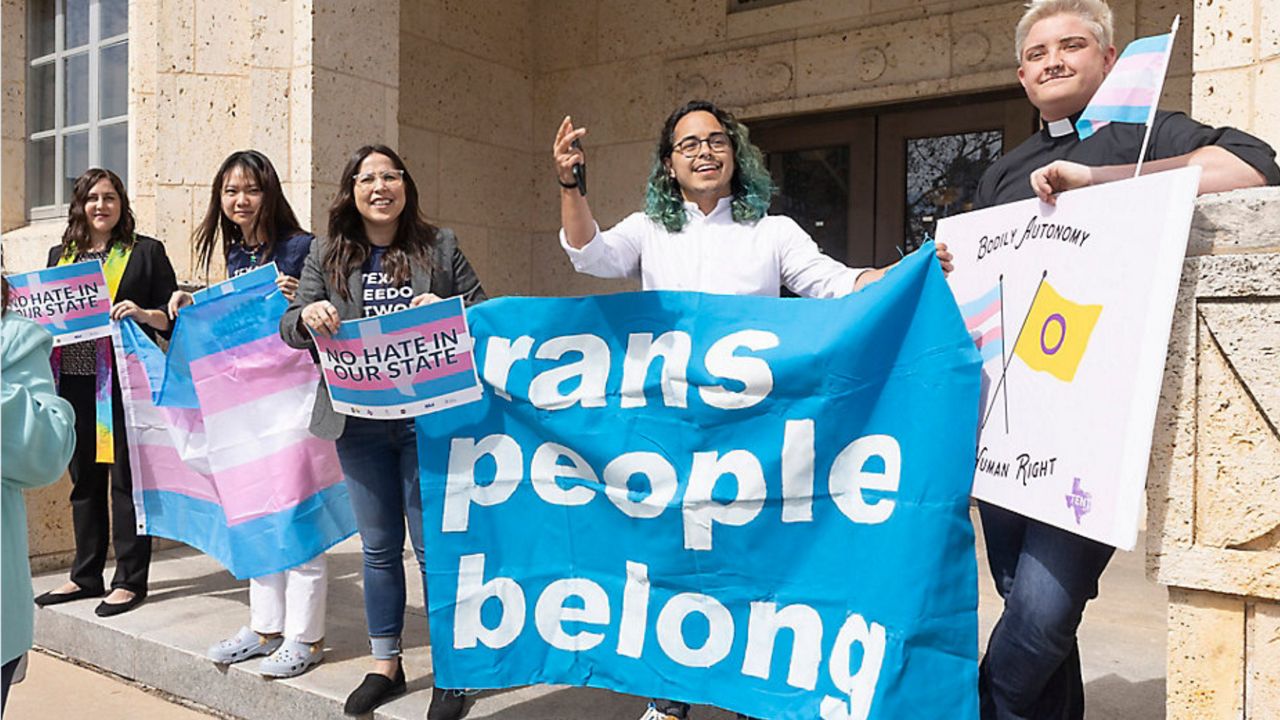COVID-19 deaths in California surpassed 100,000 in late February just as Gov. Gavin Newsom rescinded the state’s pandemic state of emergency.
Xavier Becerra, the U.S. Secretary of Health and Human Services, sat down with “Inside the Issues” host Alex Cohen to discuss how Californians can stay safe throughout this next phase of the pandemic.
Becerra noted the most important step to reducing deaths was increasing vaccinations and using tested measures to stay healthy, such as masking and hand washing.
“The reason the public health emergency can be pulled down is because today we’ve got the tools to stay safe and alive,” Becerra said.
The Biden administration is expected to let the coronavirus federal public health emergency expire in May.
Americans will no longer be able to receive free vaccines or tests through government aid, but Secretary Becerra noted most people will still be covered through insurance, Medicaid or Medicare.
However, he admitted a gap remains of some 20 million uninsured people.
“We’re doing everything we can to make sure we reserve some resources to make sure nothing gets left behind. Principally, we’re likely going to use the community health centers to be the entry point for folks who don’t have the resources,” he explained.
Becerra is also focused on improving youth mental health across the country. According to a CDC survey, one out of every three Latino youth are struggling with mental health issues.
The Health and Human Services Secretary aims to create a future in which primary care practitioners are trained to treat physical and mental ailments affecting children and young adults.
“Mental health is health. And so whenever you are hurting, and you need health care, that should include mental health,” he said.
Becerra plans to put more money into the National Health Service Corps program, which trains physicians, nurses and others, and will help pay for their medical and health care education.
He says his office is also working to fill more graduate medical education slots in community hospitals that rarely have residents in training.
Ultimately, he hopes these steps help prevent future staffing shortages and lead to better preventative health measures across the U.S.
Let "Inside the Issues" know your thoughts and watch Monday through Friday at 8 and 11 p.m. on Spectrum News 1.











